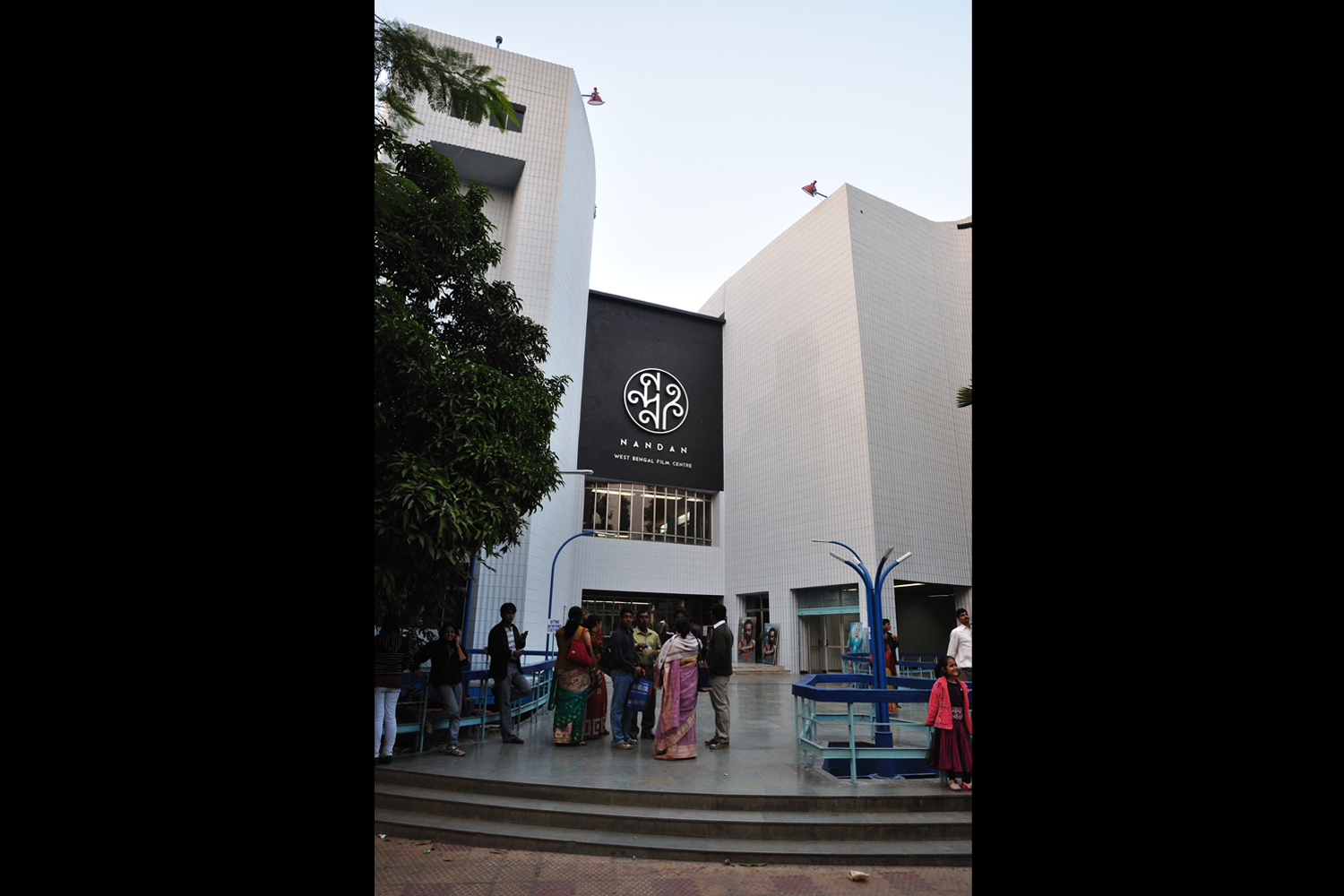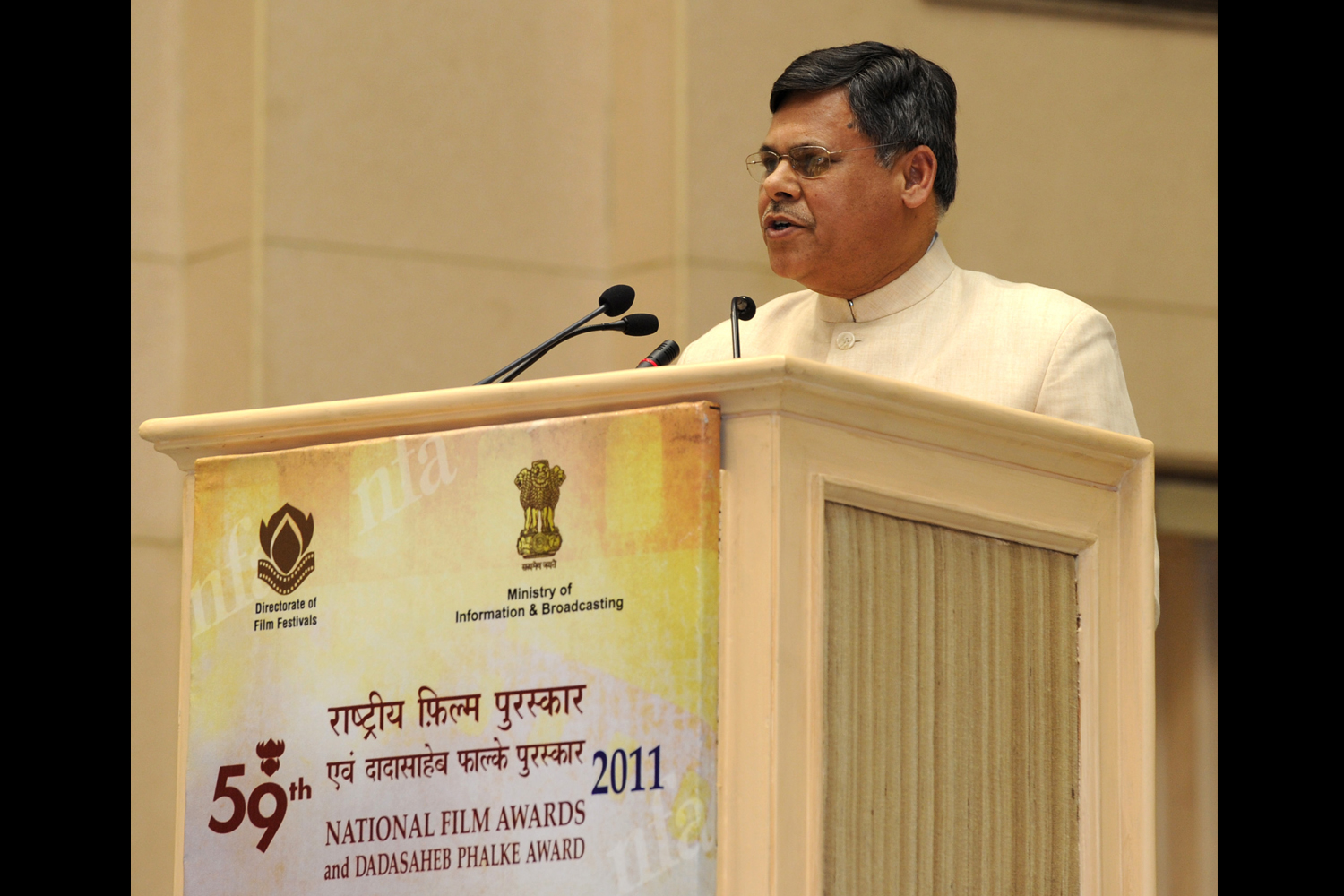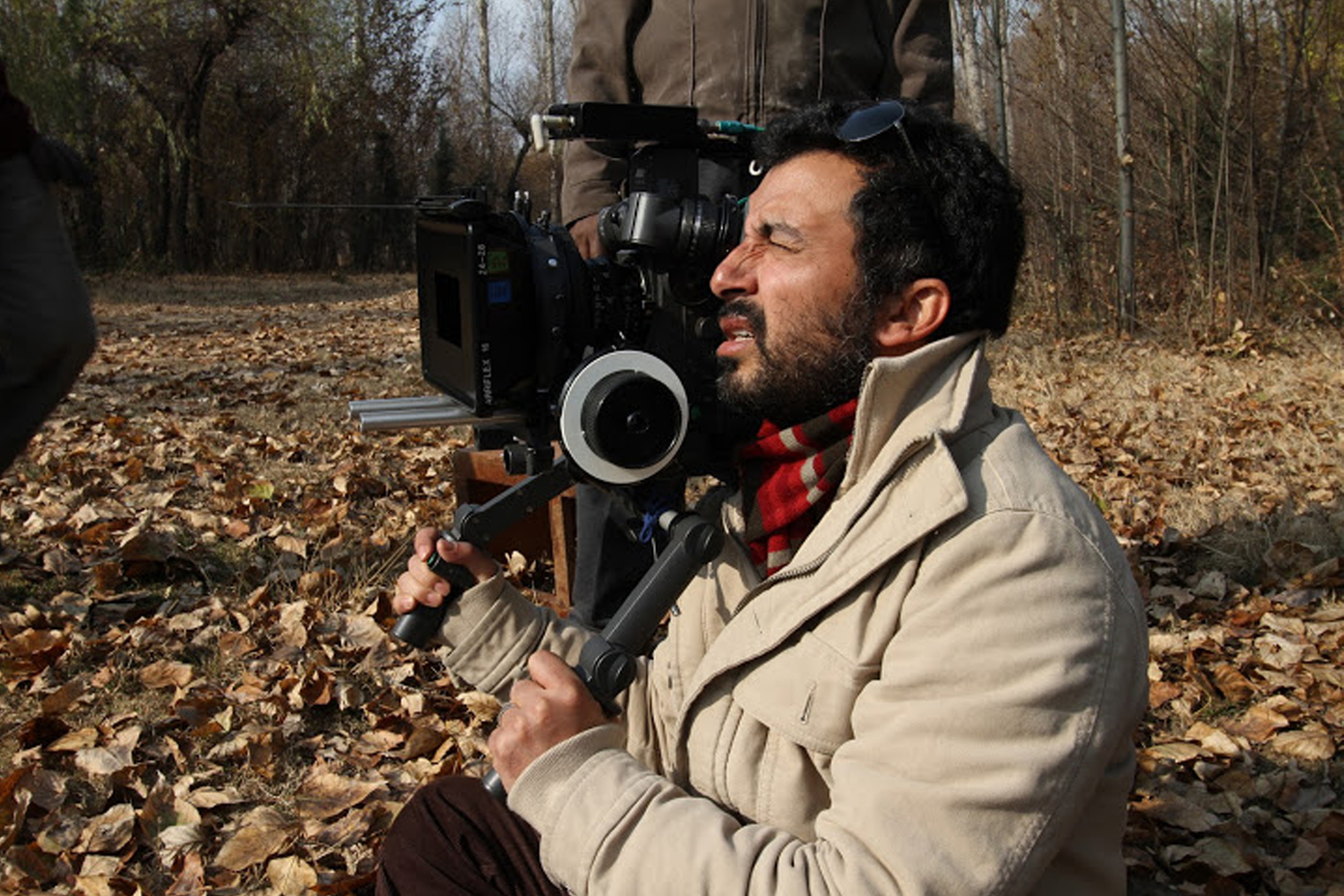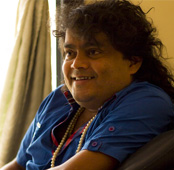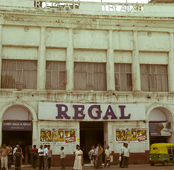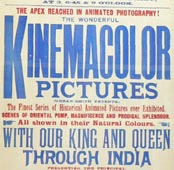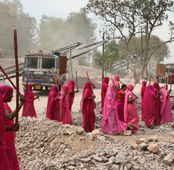-
 The state-sponsored Nandan Cinema at Kolkata (c) Biswarup Ganguly - (Creative Commons Attribution 3.0 license)
The state-sponsored Nandan Cinema at Kolkata (c) Biswarup Ganguly - (Creative Commons Attribution 3.0 license) -
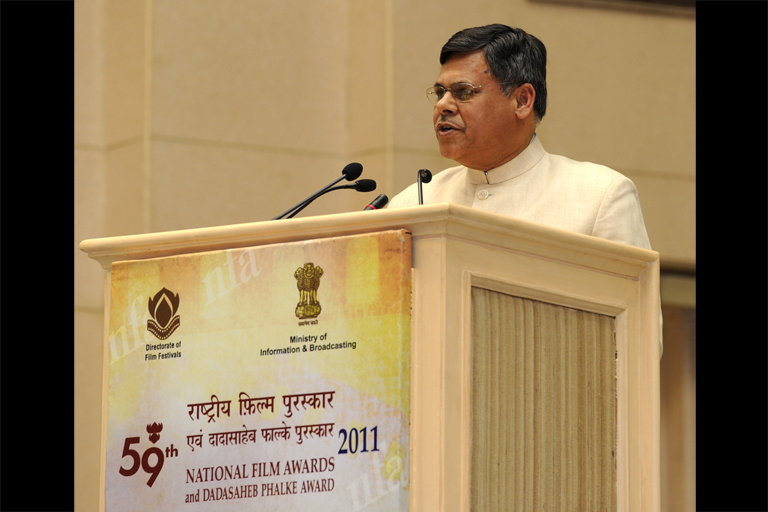 Secretary, I & B Ministry, Uday Kumar Varma (c) Photo Division, Ministry of Information and Broadcasting
Secretary, I & B Ministry, Uday Kumar Varma (c) Photo Division, Ministry of Information and Broadcasting -
 Onir Dhar (Photo Credit: Sayan Sur Roy)
Onir Dhar (Photo Credit: Sayan Sur Roy) -
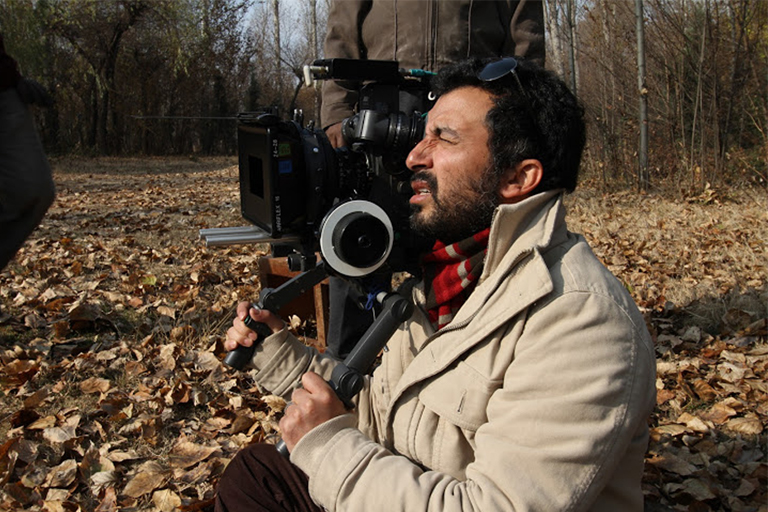 Aamir Bashir (Photo Credit: Lalit Nene)
Aamir Bashir (Photo Credit: Lalit Nene)
In continuing with its efforts to bring forth the concerns of independent cinema, TBIP takes a petition started by a group of filmmakers to the I&B Ministry
The Information and Broadcasting Secretary Uday Kumar Varma has expressed doubts to TBIP about whether the I&B Ministry will agree to the demands of 30 filmmakers who have asked it to fund the construction of new theatres to exhibit independent cinema. The filmmakers put out a petition on the website change.org on October 2 which asks, among other things, that Rs 200 crore of the Rs 600 crore which the I&B Ministry has put aside for film restoration be used to fund such theatres instead.
“Constructing theatres is not what the I&B ministry should be doing,” says Varma, who claims he hasn’t seen the petition, when he is informed about this demand by TBIP. “It should be involved in the conservation and preservation of the audio video culture and heritage of our country. But I can comment (on the petition) only when I see it.”
This is the mindset the filmmakers are trying to fight against. “It’s very nice to restore what’s there but you can’t have a glorified past and a dead present,” National Award winning filmmaker Onir Dhar, who drafted the petition, says. “We’d rather have a living vibrant film culture. We have to create an ambience or space where these kind of films can be seen and spoken about. Besides exhibiting them, what’s also important is people discussing these films. To this end, these theatres could function like film clubs.”
Varma also believes this demand could be construed as a “commercial proposition”, as opposed to one in public interest. “Once someone takes a commercial decision to make a film it will become extremely difficult for the Ministry to say: ‘we must reserve a screen for you’,” he said. “That becomes difficult because people have to see it, right? It’s not the government that will see it.”
In addition, Varma questions the long term feasibility of such a project. “It (such a theatre) has to be sustainable,” he said. “Somebody has to maintain that (the theatre). And that will depend on how people will want to see such films or not see them.” In other words, he warns that these theatres could become a drain on the exchequer.
The names of petitioners range from acclaimed directors of offbeat films, like Shyam Benegal, Aparna Sen, Rituparno Ghosh, Sooni Taraporevala, Ashvin Kumar and Buddhadev Dasgupta, as well as more mainstream filmmakers such as Vishal Bhardwaj, Ashutosh Gowariker and Homi Adajania. Academy Award winning Sound Engineer Resul Pookutty is also a petitioner. Besides exhibition spaces for independent cinema, they have asked for a re-examination of state run channel Doordarshan’s programming choices (they want national award winning films to be given prime-time slots). Also, they’ve asked for a re-look at the procedure by which films have to be separately certified before being broadcast on TV channels. According to the website the petition has over 6,423 signatories. It requires 10,000 in all before it can be presented to the I&B Ministry.
“These theatres will be dependent on government funding for about a year,” says Onir, on the question of sustainability. “Then they will become self sustaining bodies and pay for their own maintenance.” The filmmakers want 400 theatres to be constructed around the country, under the aegis of the National Film Development Corporation (NFDC) or another autonomous body set up for the purpose. Going by the Rs 200 crore demanded for this purpose, the average cost of building each such theatre will amount to Rs 50 lakh. “These could be low-cost, single screen theaters, each having a capacity for a hundred people,” Onir says. “The tickets could priced at between Rs 25 to Rs 50. Besides exhibiting films, they could fulfill the role of a film club like Nandan—a state sponsored cinema complex in Kolkata— but on a much smaller scale.” Onir explains that each theatre could also host discussions on cinema and have small libraries or book shops which will aid in them eventually evolving into cultural centres. He suggests that the running and maintenance of the theatres could be assigned either to the five local offices of the NFDC (in Mumbai, Delhi, Kolkata, Chennai and Thiruvanthapuram) or branches of the new body appointed to oversee their construction.
“The key is decentralization,” says Onir. “So that the power doesn’t lie with one unit. Four to eight such centres, throughout the country, could identify good films from the regions they are in charge of and show them.” Then, he says, each centre could “recommend films from their region for the other centres to show in other regions as well”. Onir bemoans the fact that some Indian states such as Arunachal Pradesh, Andaman and Manipur have only a few theatres.
“Small films can’t compete with a big budget film, so what we’re looking for is an alternate space, and government patronage for independent films,” says Aamir Bashir, director of Harud, who has also signed the petition. Bashir believes this will grant independent cinema more visibility. “If it wasn’t for PVR Director’s Rare (an initiative by theatre chain PVR to promote independent cinema), I don’t think my films would be distributed,” he says. Even this release, he claims, was “more of a limited release—for one week, one show per day.” Says Bashir: “It’s not just difficult to release a film like mine (Harud), it’s almost impossible.”
A highly placed official within the I&B Ministry, speaking on condition of anonymity, made us aware of a fact which could give the debate a whole new dimension. “While initially it was projected to be Rs 600 crore for restoration, the I&B Ministry has gotten only Rs 400 crore from the Planning Commission,” says the source. “It has been scaled down to that level.” The official adds that “allocating such funds is also a problem, because of the current slowdown.” This would mean that the budget for Rs 600 crore has been scaled down by the precise amount the filmmakers have demanded in their petition. The date for this cut in the restoration budget is not known. The filmmakers who put out the petition are obviously not aware of this.
Moreover, this official points out that the government is “currently only implementing schemes approved by the Planning Commission in its 12th five year plan, which was put in place only recently, in the financial year 2011-12”. This being the case, “the funding for these theatres can only be approved in a review that will take place in the third year of the plan (2014-15)”.
The official foresees another policy pothole. Constitutionally, all regulations related to the exhibition of films, other than those pertaining to censorship, are determined by the state governments. Also, the construction or redevelopment of cinemas requires the acquisition of land which will also involve cooperation from the state governments. “We can’t interfere with the states,” this official says. “Unless we have a joint scheme, where we provide funds and the state government does the job. There may be political problems as the state governments would want to have their own share in this. And because of the media hype in something like this, regional political parties would want to get involved.”
“There is also the question of who selects the films to be shown in these theatres, and on what basis,” says this official. “Who is to qualify a particular film as an independent film?” The official says that even if the NFDC or an autonomous government body is placed in charge of this, the allocation of a theatre to one film over another might invite controversy, if clear guidelines are not agreed upon.
“They might like to see that the government promotes (their films),” says Varma, the I&B Secretary. “And there are many ways in which this can take place— not necessarily through constructing theatres.” Both he and the other official have indicated, as an alternative, several international agreements the government has signed recently to foster the co-production of independent films with countries like the UK, Brazil and Spain. They seem to be suggesting that these co-productions will help Indian independent films find a distribution outlet in these countries. Not at home though.
If you want to read or sign the petition you can do so here
Cover Image – The state sponsored Nandan cinema complex – © Biswarup Ganguly, used under a Creative Commons Attribution 3.0 license
Also read:
Indie Show Down
ArticleOctober 2012
 By Alyssa Lobo
By Alyssa Lobo
Alyssa Lobo is Trainee Correspondent at The Big Indian Picture



